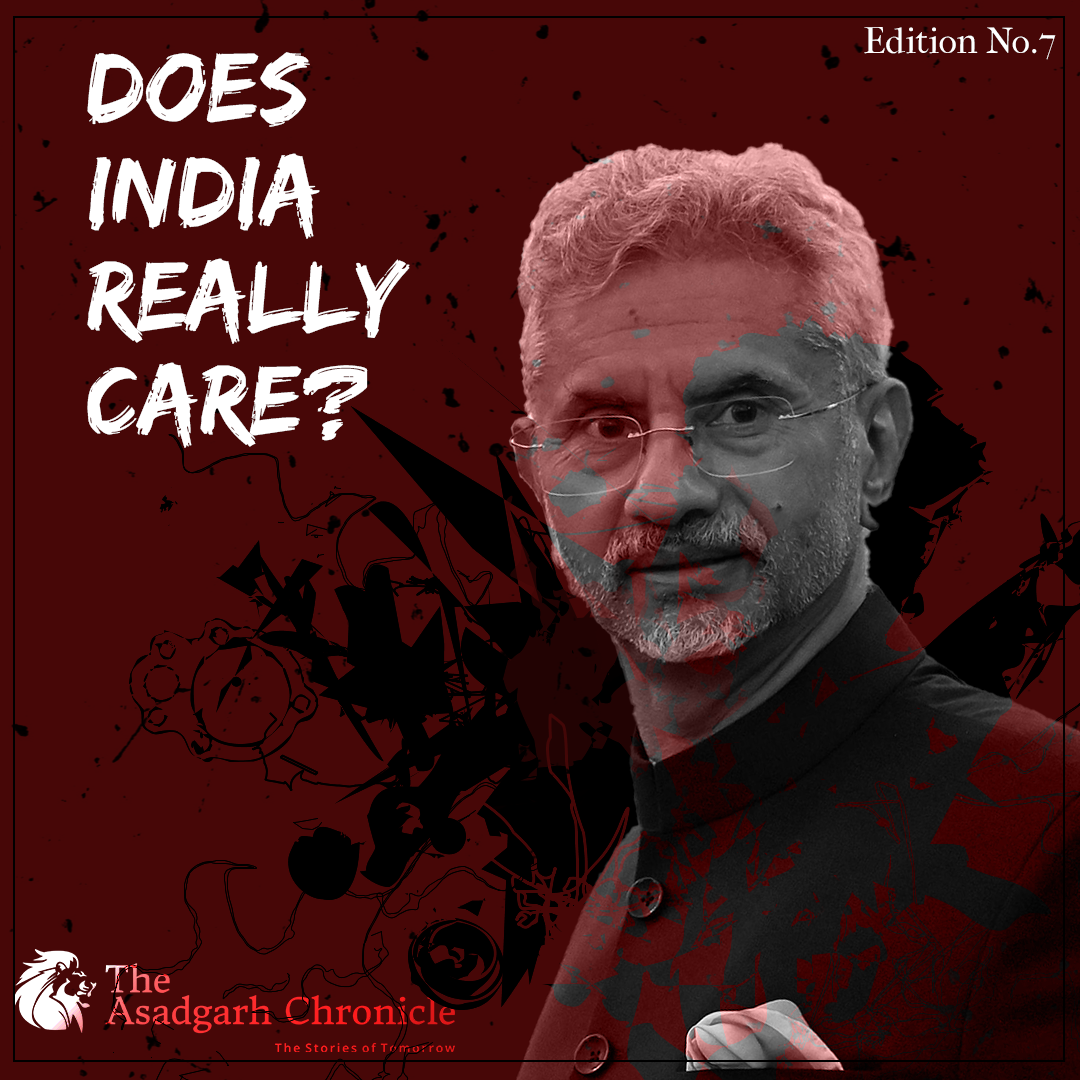
As Netanyahu openly threatens the Arab world, a concept of global politics is to be examined. “If the Arab world wishes to maintain it’s interests, it should remain silent”.
Countries very much like humans operate on the basis of interests. One nation is concerned with safety, whilst some nations are concerned with economics. Smaller nations create alliances to protect their interests in exchange for economic or political benefit on a greater forum. For example the United Arab Emirates chose to recognize Israel to protect itself from the threats of Iran. Simultaneously Israel possesses technological and educational advancements that are only privy to them. Israel thus uses their modern army and technology to safeguard the interests of the Emirates against Iran, in favor of being recognized as a legitimate state. Morocco, Egypt, Saudi Arabia, and India all play the same card.
Western political interests dig deeper into the value of tourism. Narratives are usually created to increase tourism and immigration for a better workforce and economic gains from international visitors. Nations with greater touristic attractions tend to garner more economic benefit than those with weaker tourism. The comparison can be drawn between the Czech Republic and Pakistan. The Czechs are a total population of 10 Million or less, but with an annual tourist of 15 million or more. Pakistan however is a population of 250 million people, but with an international tourism footfall of less than a 100,000.
Nations strive to make economic boosts, and some nations are solely dependant on their touristic gains. Economic dependant nations are usually categorized as soft powers, who can do no harm militarily but are economically strong. The Czech Republic, Germany, Singapore, and Hong Kong tend to fall under soft powers, although they tend to shift between both hard and soft at different stages. Soft powers also suffer weak border situations. Singapore is literally a dot on the map, with one border attached to Malaysia, but with a massive opening towards the sea. They are in constant threat from any sea attack, with a limited land mass and army, they rely mostly on their economic prowess and tourism.
Hard powers like China, America, and Russia are powerful both economically and militarily. They tend to dictate national interests and alliances due to this. India too slowly joins the hard power corridor, with a sizeable military and a massive economy. These nations then create inroads to smaller nations providing them with safety and increasing trade amongst one another, thus boosting capital income. Resources also play a grand role in economic power, The Arab and Gulf nations have developed a sizeable economy purely on one resource, Oil. However, due to a weak and less hardened military, the Arabs have swung in between American, Russian, and Chinese influence.
Nations would choose their better support dependant on the protection of their interests. As more awareness and nationalism grows amongst economically weak nations, they have slowly digressed towards Russian and Chinese influence for both military and economy. The relative closeness of these nations also extends in more efficient support. Pakistan has tried constantly to maintain a relation with America which lies 1000s of miles away, yet their most efficient and practical solutions came from China and Iran. Nations that choose to stray from similar interests tend to cause severe tensions in certain regions, which are later exploited by third party state actors and non-state actors. Bhutan dispute, Kashmir dispute, Taliban, Iranian trade ban, and more.
Keeping interests under observation is an old economic and military technique utilised by both Americans and English combined. Israel has acted as a watchdog for the Middle East for a sizeable duration. Pakistan was the eye of the Americans on Afghanistan. China uses Pakistan against India, and America uses India against China.
The question is why? Why are all these plays constant and detrimental. The answer is as basic as ration. For food supplies and survival, water treaties are inaugurated so that citizens may strive, via positive growth in farming and livestock. Military deals are curated to defend against extremism, terrorism or non-state actors. It is constant human nature to strive for power for some, and to ruin others for some. This constant urge to gain power and to disrupt power can be gained from minor events in life that then lead to the ideology of the seven sins, where envy and anger take control.
Nations act as humans, all with their own interests and all with their own deals to establish those interests. Nations that prosper tend to have interests that are nationcentric rather than self centered. Most nations that failed had greedy leaders with corrupt practices, nations that prospered regardless of being greedy or corrupt, did it for their own people not for themselves. However, that in itself is a case study of vital proportions. Netanyahu wishes for the Arabs to maintain their interests, and today he leverages their needs and safety for his own sole interest to commit genocide.



